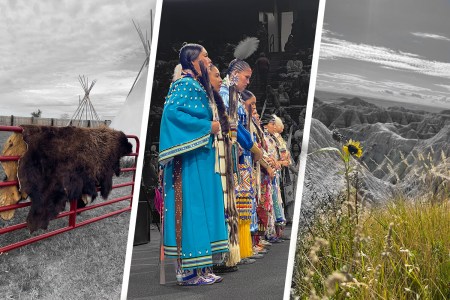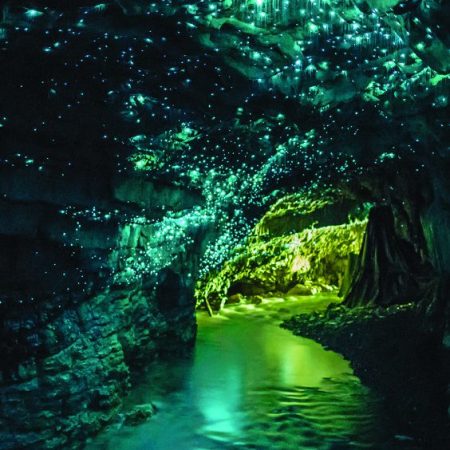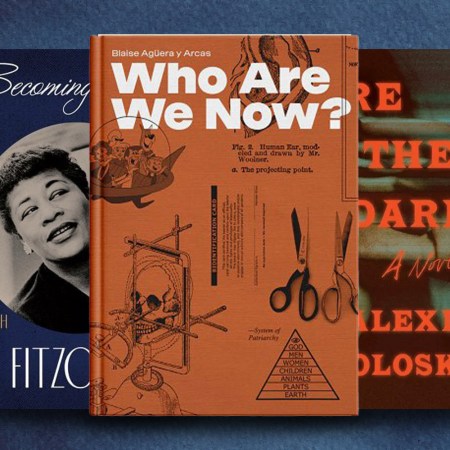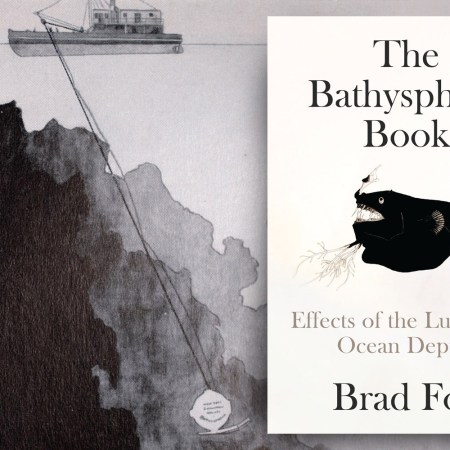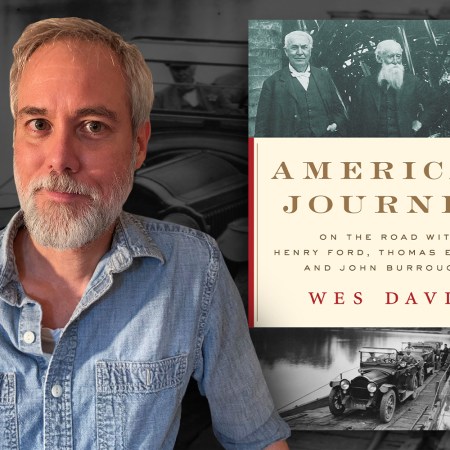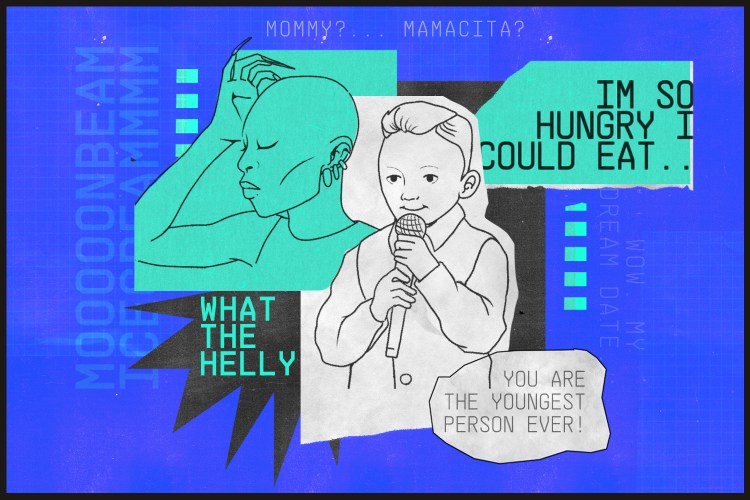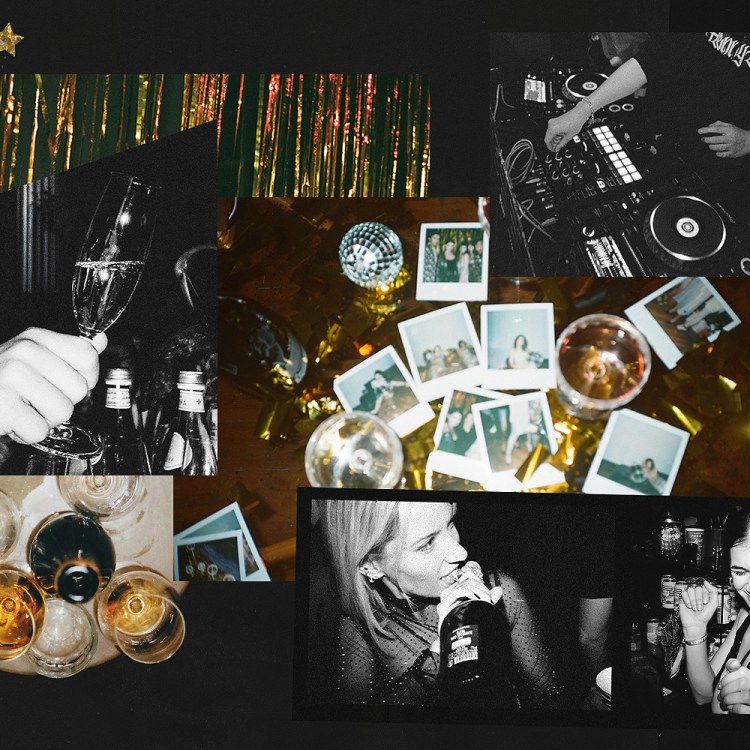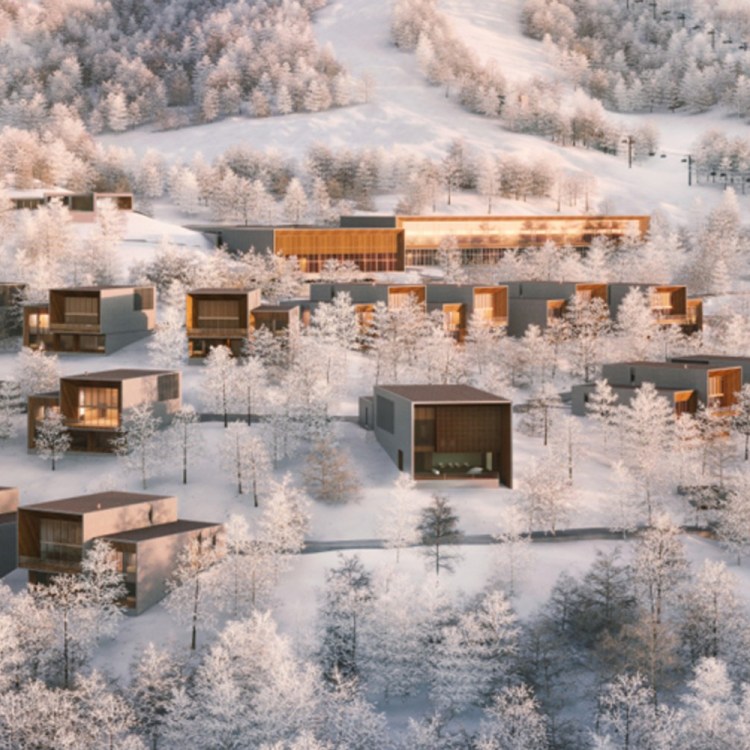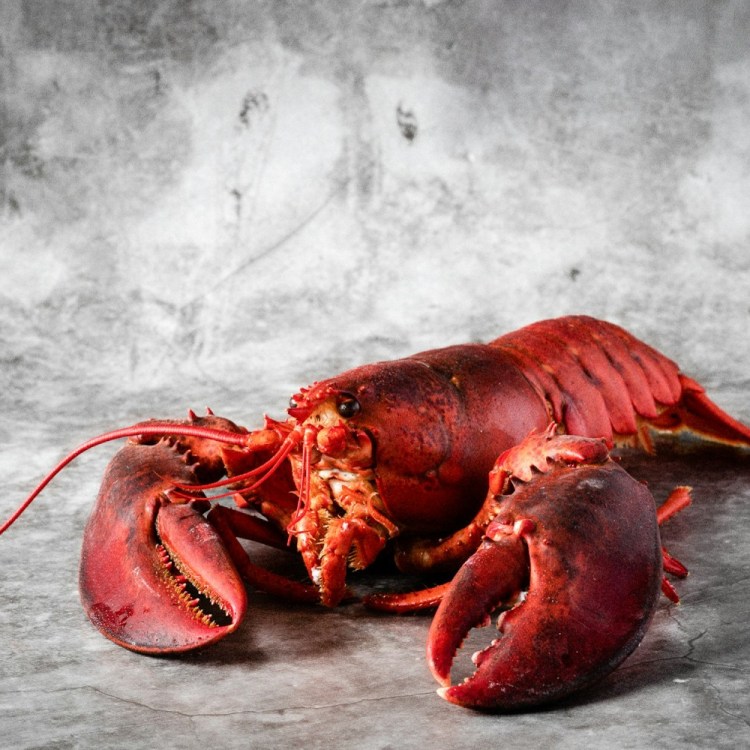Some people make their first trip overseas at a young age. That wasn’t the case for Mary Quade; as she told InsideHook in this interview, her first time making her way outside of the United States and Canada didn’t come until she was well into her 30s. That perspective helps explain one of the many qualities she brings to her award-winning essay collection Zoo World — namely, that she doesn’t take anything for granted.
Zoo World chronicles several facets of Quade’s life, from her journeys overseas to her experience back at home, where she’s raised several generations of ducks, a subject she addressed with candor in this book. Full disclosure: reading Quade’s account of her time with waterfowl left me wondering exactly what it might take to raise some web-footed friends of my own. It’s also worth noting that Quade’s years of writing poetry make her prose that much more evocative; whether she’s writing about making her way through an urban landscape or describing her own home, she does so with skill and gusto.
InsideHook spoke with Quade about the challenges of writing this new book and the way history and travel have overlapped for her over the years.
InsideHook: In this collection, you write about both nature and travel. How did you find the right rhythm and the right structure to the book so that it had a cohesive arc to it?
Mary Quade: That’s a good question. I am not sure I set out to do that. It wasn’t a project in the sense that I went out and thought, “I’m going to write a book about these things that I’ve done.” I was mostly writing them as I was doing them, and I think maybe that’s just a product of the things that preoccupy me.
The damage we do to the places we go and the species we interact with, it’s just something that I’ve been thinking about for a long time. I don’t think I originally recognized this would fit together as a book. And then, maybe about eight years into writing the essays, I thought, “Wait a second — I keep writing about the same sorts of things over and over again.” And then I thought, “Maybe this could be a book.”
As for the original structure for the book, I got quite a bit of help from Michelle Herman who was the judge [for The Journal Non/Fiction Prize] who chose the book. She helped me rearrange the structure of the essays in a way that I felt makes a lot more sense than whatever it was I had originally.
You’ve also written a couple of collections of poetry. When you’re addressing some of these same subjects in an essay versus a poem, do you feel like you’re going about it differently or do you feel like there’s more of a similar approach thematically?
I feel like when I write poetry it’s a different process. It’s more of getting in touch with some intuitive mystery that I don’t realize exists until after I started engaging with the poem. And for me, writing the essays is more about following my own curiosity through research — still finding, I guess, those intuitive connections I think make poetry interesting and surprising but kind of magical to write. It’s a different process, but I’m finding those connections not necessarily within my own imagination but in the confluence of the things I’m discovering as I engage in the research and maybe the recreation of the experiences I’ve had.
There are a couple of references in the book to scientific and travel writing from the late 19th and early 20th centuries. Were you aware of that writing to begin with, or did you come into contact with that as you researched these essays?
I came across it as I was doing research on the Galapagos. I’ve been interested in Darwin and The Origin of Species. As a poet, I’ve been interested in American natural history. But it wasn’t really a conscious decision to interweave that with my own experiences or make any kind of comparison. This is all part of a continuum of thought, American natural history in particular, that I’ve been interested in since I was in college.
When you wrote about your experiences traveling in Vietnam and Cambodia, you also discussed your experiences learning about the history and languages of those places. Do you feel there are certain steps you have to take to be a better traveler to a specific country, or was the prep for those trips a little different than what you would normally do?
I hadn’t traveled outside the United States and Canada until I was in my late 30s. The trip to Vietnam was my very first trip out of the country besides Canada. So I don’t have much comparison for anything before that.
I don’t necessarily travel thinking I’m going to write about travel. But I think the process of travel makes us think about our own lives back home and our own countries, I hope, in critical ways. In particular, visiting Vietnam, I’d been hearing about this place my whole life. I mean you can imagine a place, but you can’t really imagine it accurately. No matter how many movies you see or books you read, you’re missing out on this sort of sensory experience of being there and being in a place where, I guess I could say, you wouldn’t normally belong or you don’t belong or you belong in a different kind of way.
There’s a lot of baggage to travel writing, and I don’t necessarily think of myself as a travel writer. But those things are certainly on my mind when I’m traveling: “Am I doing this in a way that’s respectful to the place that I’m invading with my person?”
In the essays in Zoo World where you’re writing about other species, you do so with a precise attention to detail. Do you think that also makes you more attuned to larger questions of life, mortality and society as well?
I don’t know. I’m coming at this as somebody who likes to observe nature and who thinks about the relationships we have with species and that species have with each other and whether we appreciate those relationships. I think it is, for me, the lens through which I see the places I visit, both as a naturalist and as someone who eats a lot. I’m thinking a lot about how we use animals and how we sustain our relationship with other animals. How do we use the land that we have access to?
When I travel, I like that I can look at those places and think about my own place and wonder why we do the things we do or why we don’t do things. I traveled with a bunch of students about 10 years ago to Ecuador and the Galapagos. It was the second trip I’d done to the Galapagos, and in mainland Ecuador we went to go to the cloud forest and were walking around with our guide. There are amazing things going there — a bajillion kinds of hummingbirds and orchids and things you can’t imagine. Our guide said something like, “Oh, you’re so lucky in North America. You have so many kinds of mammals.” He was talking about raccoons and bunnies and squirrels — and I thought, I am never going to look at chipmunks the same way again.
I really enjoyed the essay about chicken feet and how it combined elements of travel writing and food writing very elegantly. And it left me feeling hungry after I read it.
Have you made chicken feet?
I will occasionally go to a food market and see chicken feet, but I’ve never thought I’m going to pick these up and give it a go.
It’s delicious. And cheap.
I’m thinking about your essay on raising ducks in the book. Is there a point when you’re interacting with something in your life when you realize you’re going to be writing about it?
I guess that depends. With the duckling essay, I was literally writing it as the duck was running around dying. I don’t know why I decided I would start writing about it that day, but I was just thinking that I should write about this.
But other things take awhile to simmer, and there are a lot of things that are still simmering that I know I want to write about, but I haven’t. I haven’t figured out the doorway into them yet. But with these essays, I think they came from all different places. Some of them started off as poems, failed poems, where I got a couple of stanzas in and I thought, “I could write about this for a long, long time. This poem is not going to cover what I’m thinking.”
How to Be a Respectful and Responsible Traveler When on Indigenous Lands
Before you head out to Indigenous communities and sacred places, take a look at these travel tipsDo you feel like being more aware of the natural world as a whole has changed the way that you interact with other people?
I think I’ve always been aware of things. I grew up with parents who were very interested in nature and gardens and animals. I had pet ducklings throughout my childhood. Every year, we’d go get a duckling and every year, the duckling would either die or get sent off somewhere because it wouldn’t fly away. So I think I’ve always looked through this lens that I was raised with. And maybe that’s just also part of growing up in the rural Midwest.
Does it make me think about people differently or see people differently? I think it makes me think about our relationships — both our relationships to each other and how we’re all part of nature. I teach a class called Writing About Nature, and it’s always an interesting conversation on the first day of class, which is, “What is nature?” And there’s this range of people who say it’s being outside or it’s everything that’s not us or things that aren’t touched by us, which of course is impossible because every molecule now seems to have been touched by us.
So I think about our relationships. I don’t know that I’ve come to any conclusions, but I think about our relationship to one another as, I don’t know, a mirror or an echo of how we treat the rest of nature around us. And I wonder, are those things related? Can our relationship to the things that aren’t people tell us more about our relationship to things that are people? I’m very interested in how people who aren’t necessarily Midwestern or rural Americans interact with the non-people parts of their lives.
As someone who grew up in suburban New Jersey and still visits there pretty frequently, it’s fascinating to me the way that, say, the number of deer I’ll see in the area seems to have dramatically increased since I was a kid.
One thing I think about is our capacity to put ourselves in places where we encounter nature. Our culture — at least up until the pandemic, I would say — wasn’t so concerned with the fact that a lot of us don’t encounter nature. I mean that the government and larger bodies didn’t seem that concerned. I think individuals were concerned that children weren’t having interactions with what we might consider nature.
I think it’s interesting how that changed in the pandemic. I live near a bunch of beautiful parks where five or 10 years ago I could walk around and never see anybody at all. Then the pandemic came and suddenly I thought, “Where did all these people come from? They’re not usually here.” But I wonder if that will fade away or if that’s now something people will continue to embrace. But yeah, we have pandemic chickens around here. In New York City, do you have pandemic chickens?
I had no idea there was such a thing.
I got the whole chicken thing out of my system awhile ago. I no longer have chickens. They were killed. When the last one was killed, I said, “I think that’s it.” If you want to leave town, it’s hard to get a chicken sitter.
It used to be that there’d be like one farm down the road that had eggs. Now I think there’s three or four different people selling eggs within a mile of my house because people all went out and bought chickens during the pandemic. And now they’re kind of stuck with chickens. It’s good for us because now I don’t have to raise my own chickens and I can still have really good eggs.
This article appeared in an InsideHook newsletter. Sign up for free to get more on travel, wellness, style, drinking, and culture.

